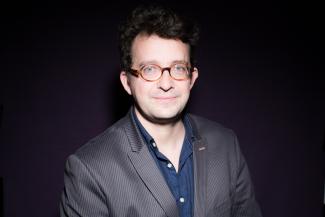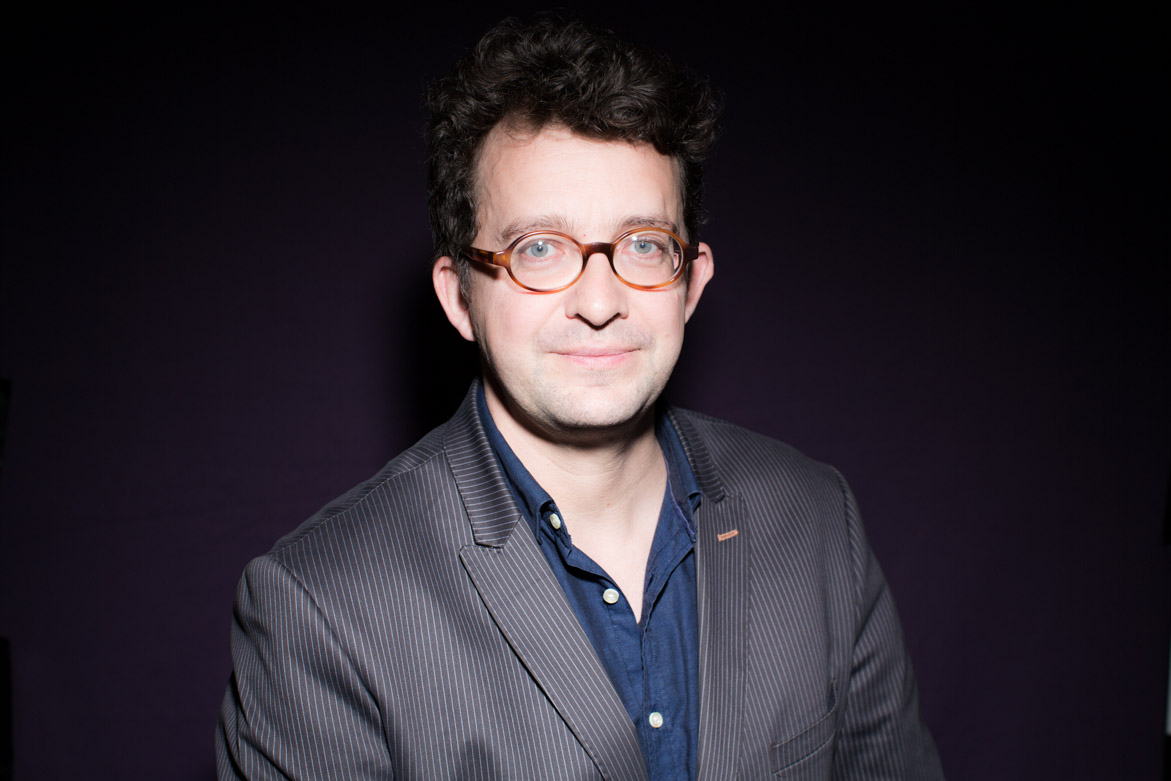
Practical information

On the 10th of May, controversial Jacob Zuma will celebrate his first year as President of the Republic of South Africa; position where many analysts did not think he would fit the job. What is the situation one year later? While he claims to be in Nelson Mandela's tradition, Marianne Séverin will question if he wouldn't rather be the "original copy" of his predecessor Thabo Mbeki - ex-friend for about 30 years, and if Zuma has really operated a shift within the administration?
Around Marianne Séverin, Doctor in Political Sciences, Consultant and Research Fellow at the African Studies Center of Bordeaux Political Studies School. Her 2006 Phd Thesis was named: ANC networks (1910-2004) - An History of leadership-building in the new South Africa". There is a link towards her last paper:
La nouvelle ère politique sud-africaine : Des élections d’avril 2009 aux premiers pas du nouveau Président Jacob Zuma, Fondation Jean-Jaurès, march 2010
Chairman: Alain Antil, Head of Ifri's Sub-Saharan African program
Speakers
Other events

Post-war Europe: How to Redefine a Security Architecture Within a New Transatlantic Framework?
A new European security architecture has to be built. The question is: will this happen with or without Europe? The US President, Donald Trump, who returned to the White House a little more than two months ago, and the President of the Russian Federation, Vladimir Putin, have initiated talks to put an end to the war in Ukraine, with the possibility of Ukraine ceding territory to Russia being raised.

Doing Politics in African Cities: Actors, Causes and Forms of Urban Social Mobilization
From Maputo to Nairobi and from Lagos to Dakar: recently, African cities have been the theatre of mobilizations by groups of young protesters.








